video stills





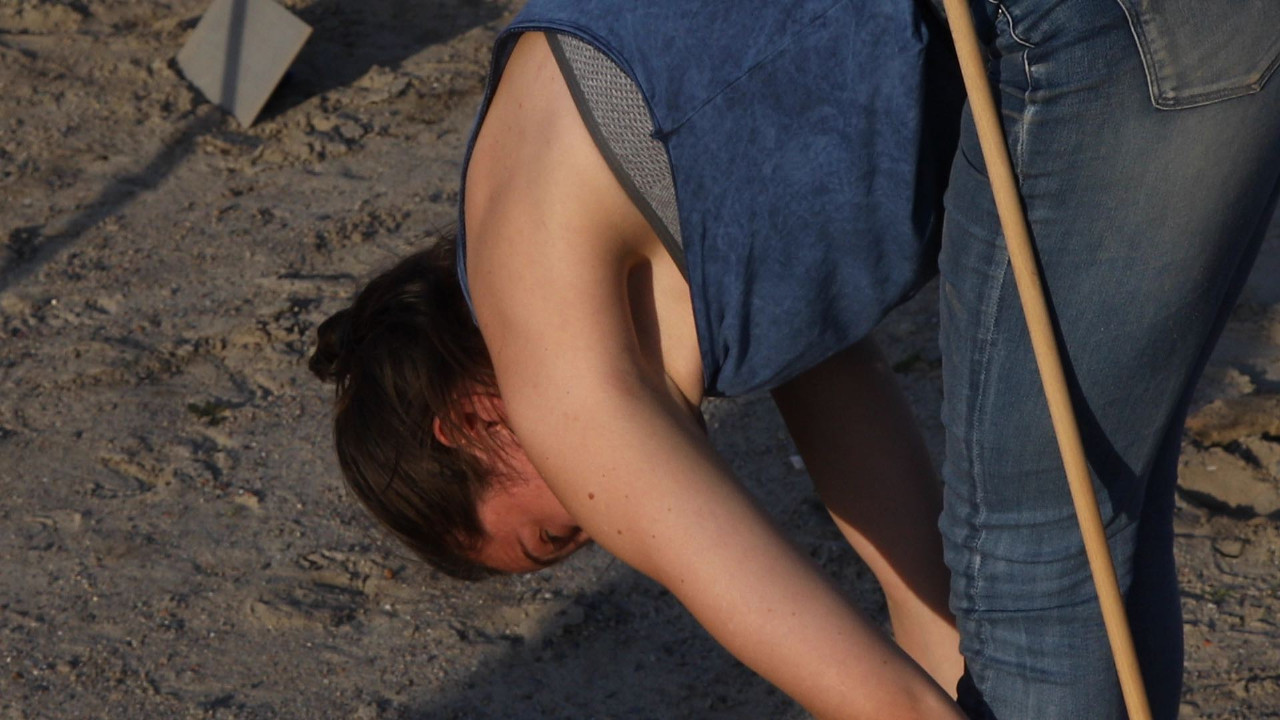

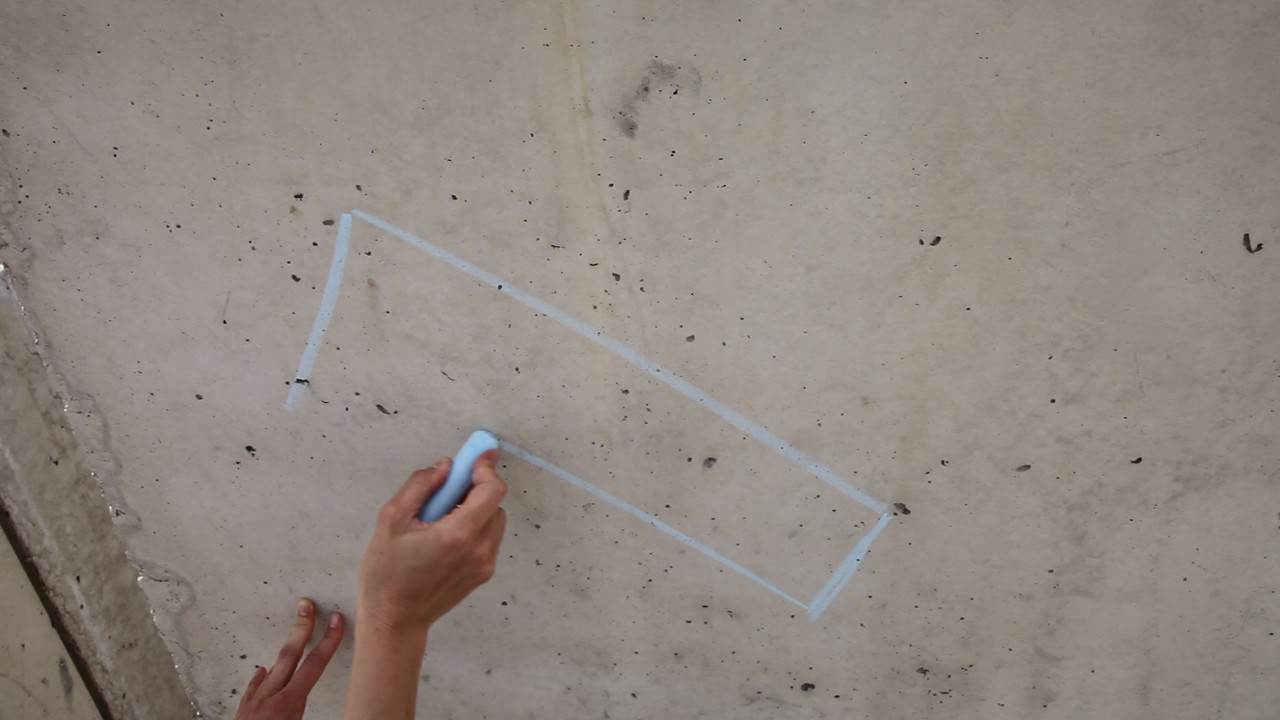

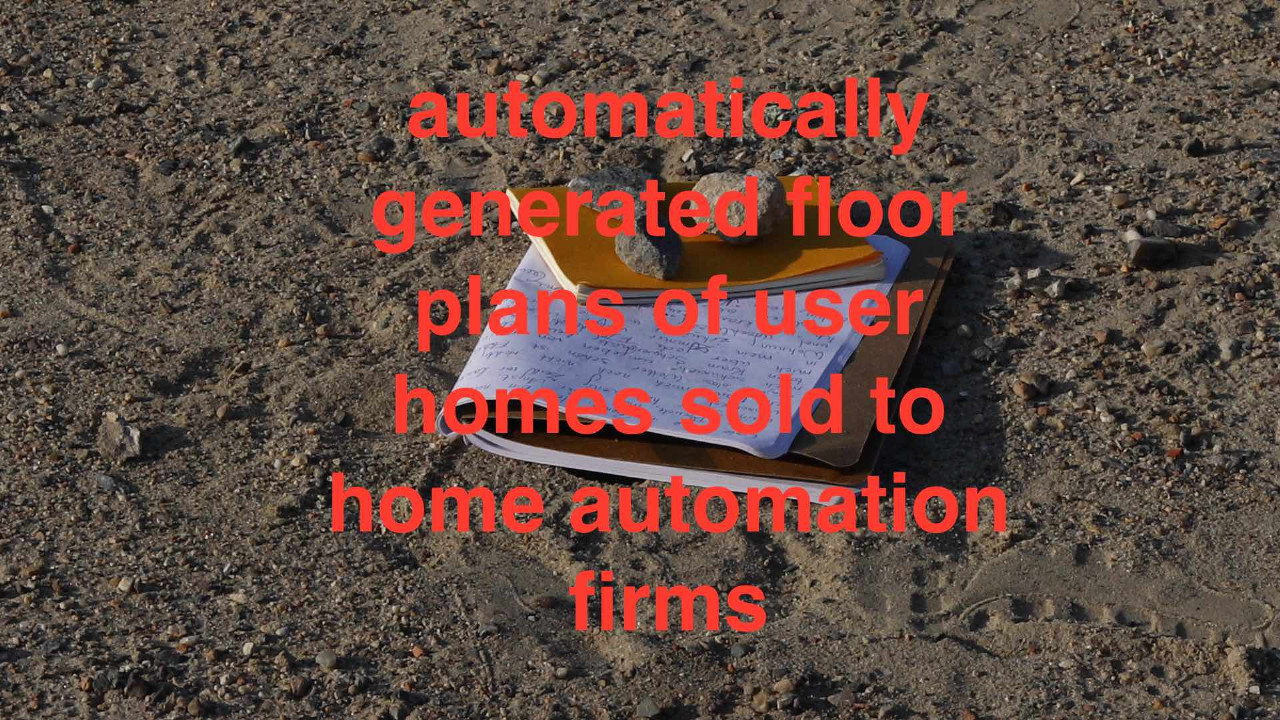

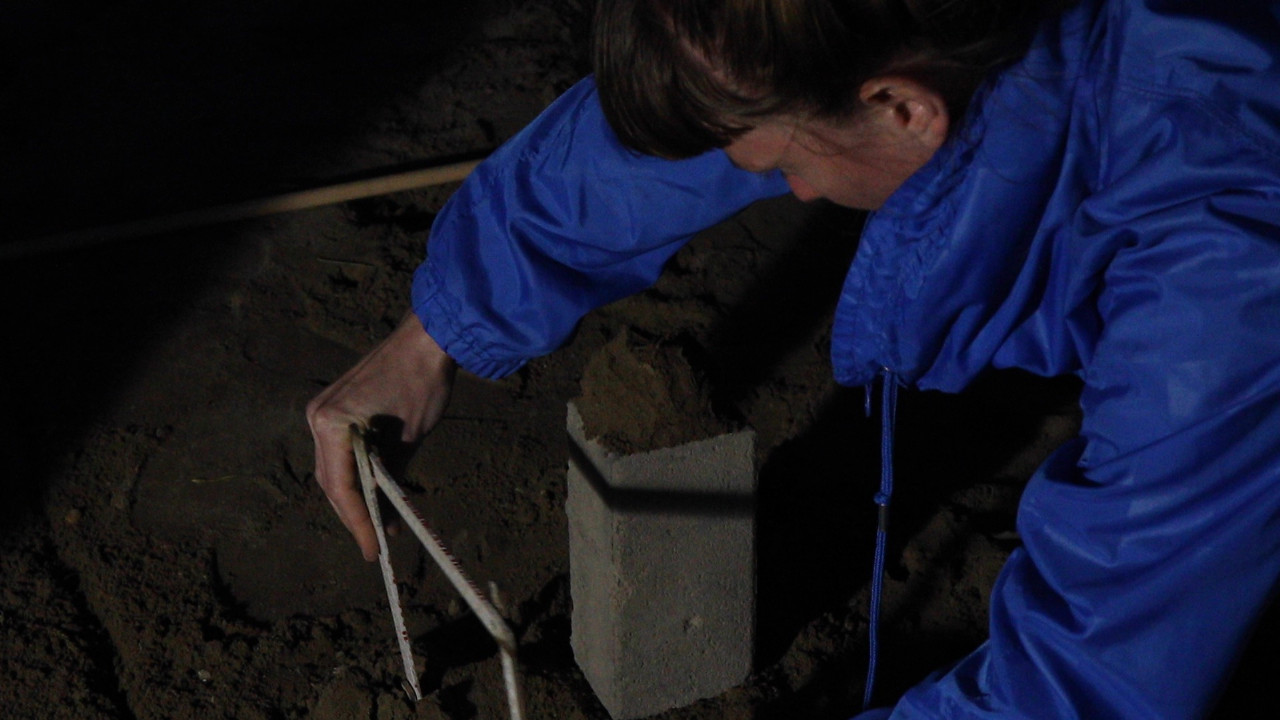
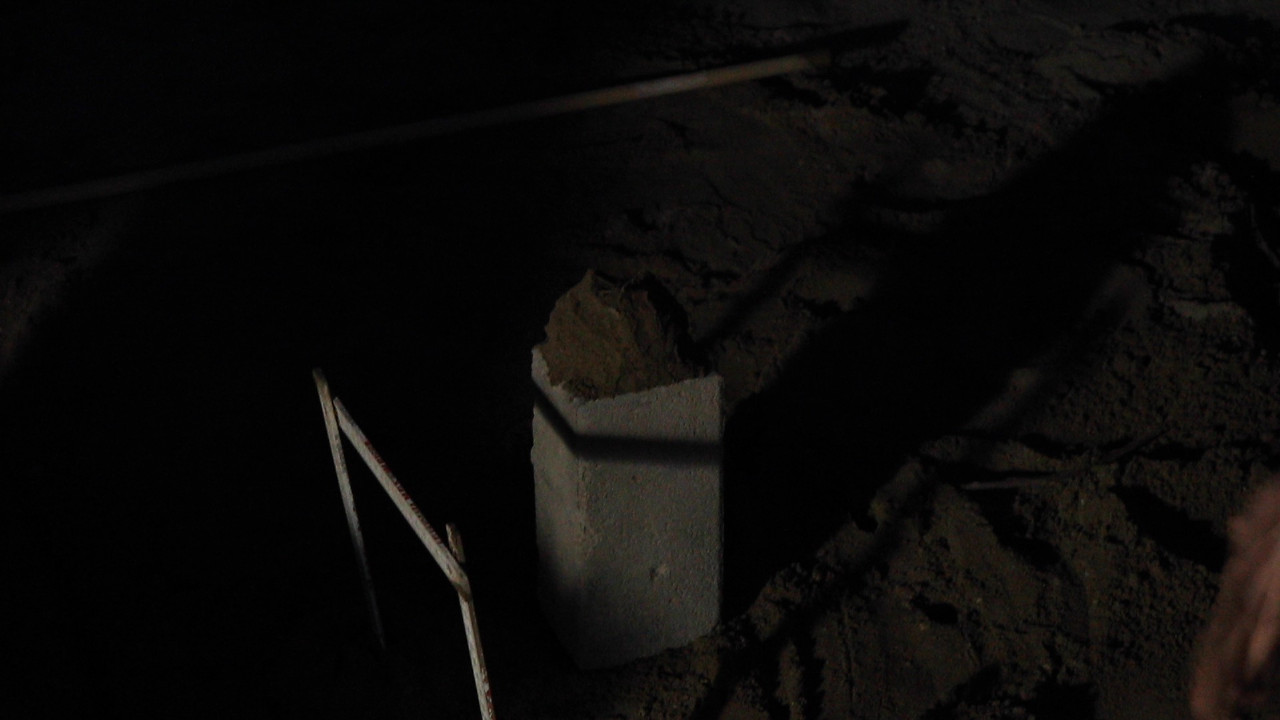
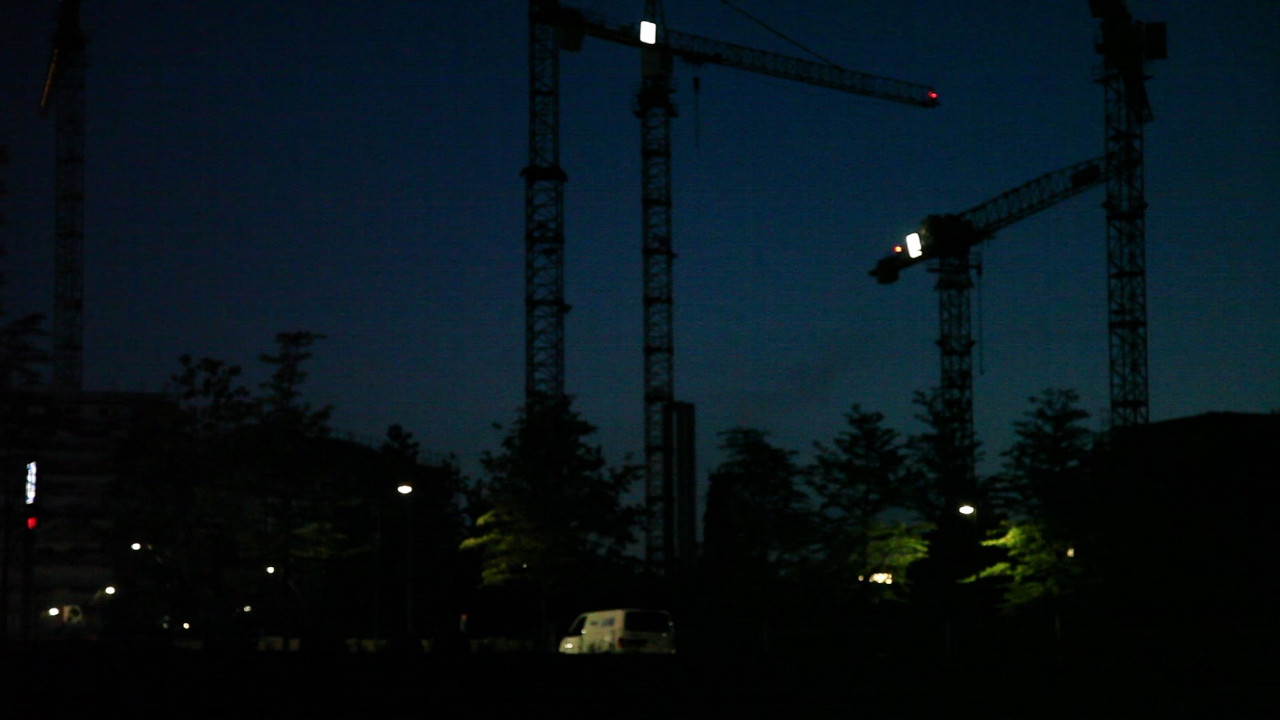
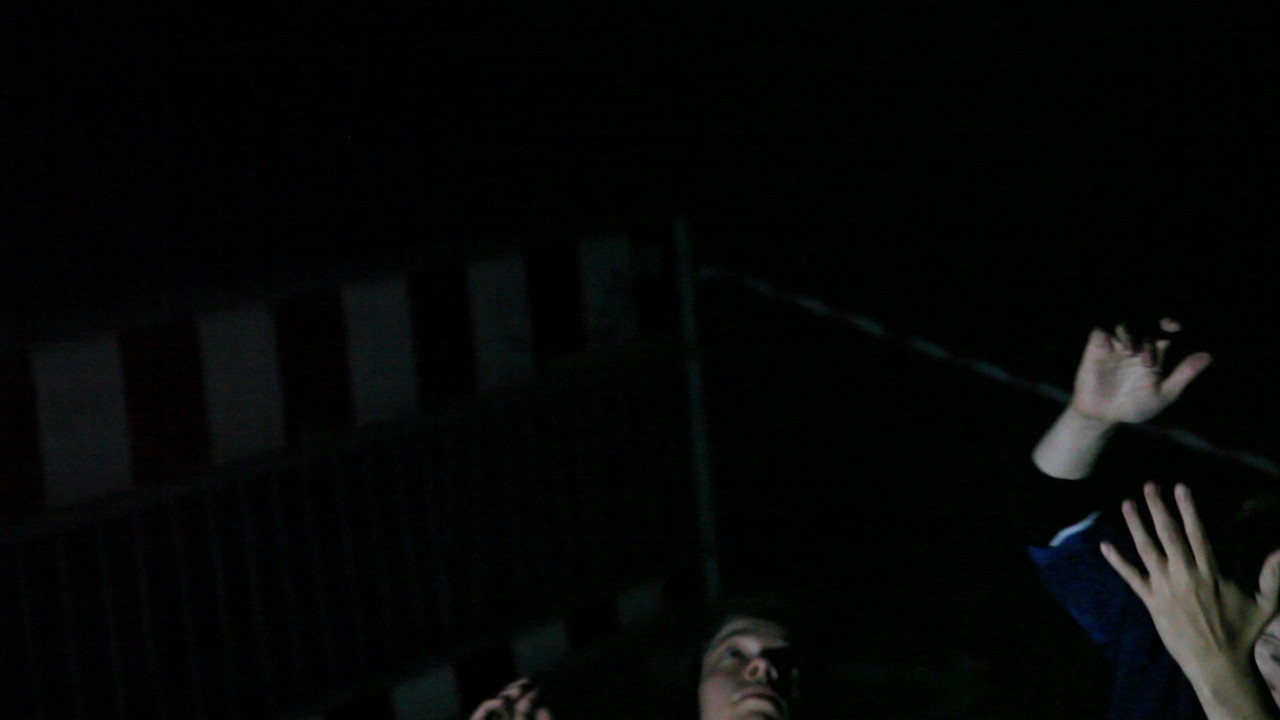

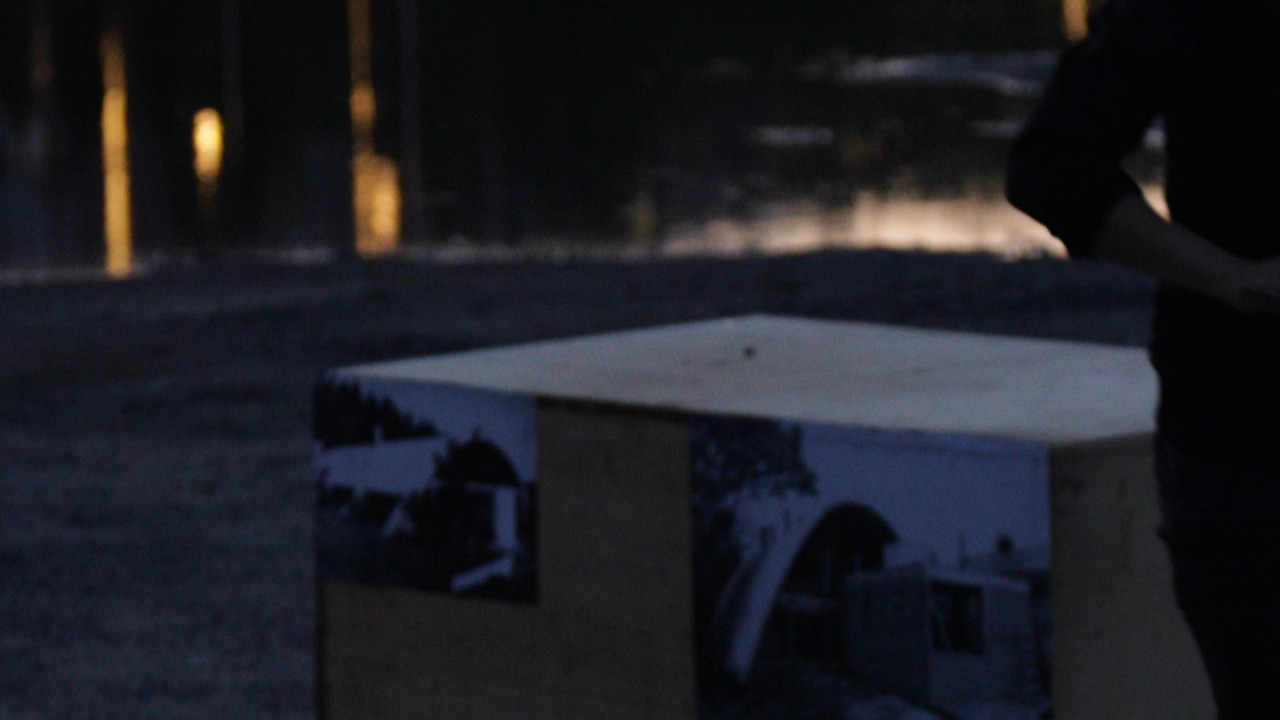
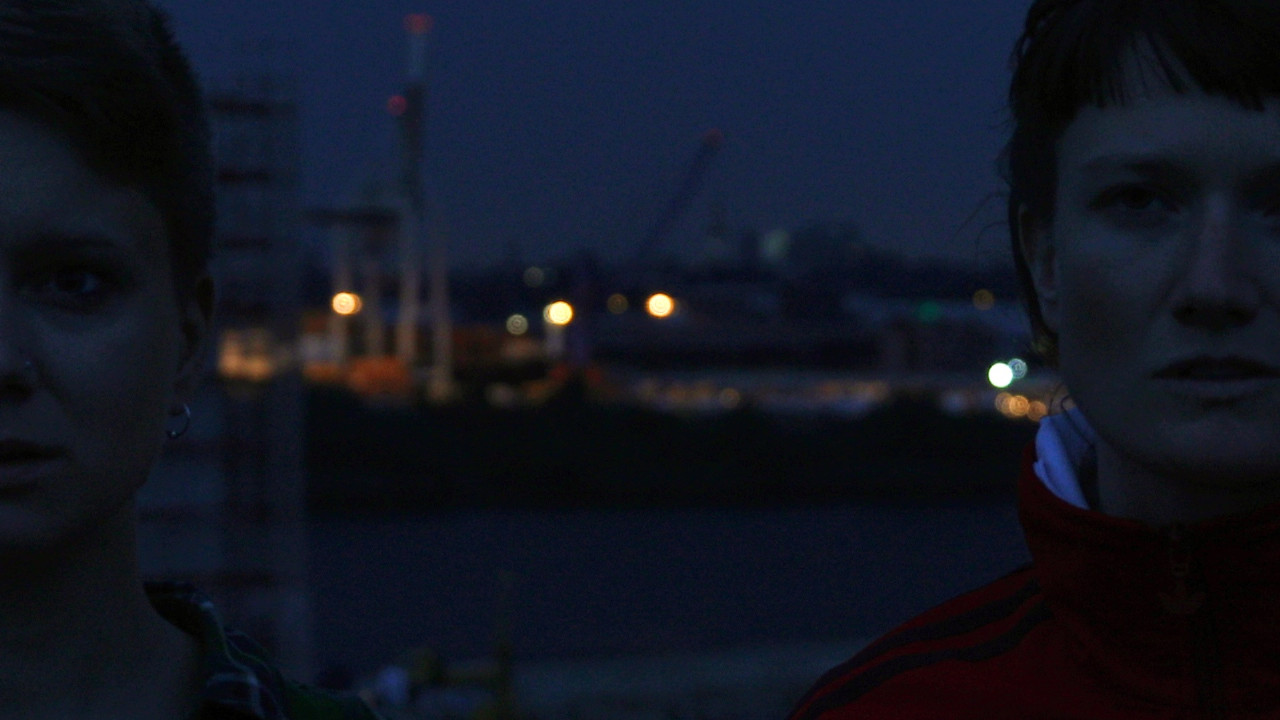
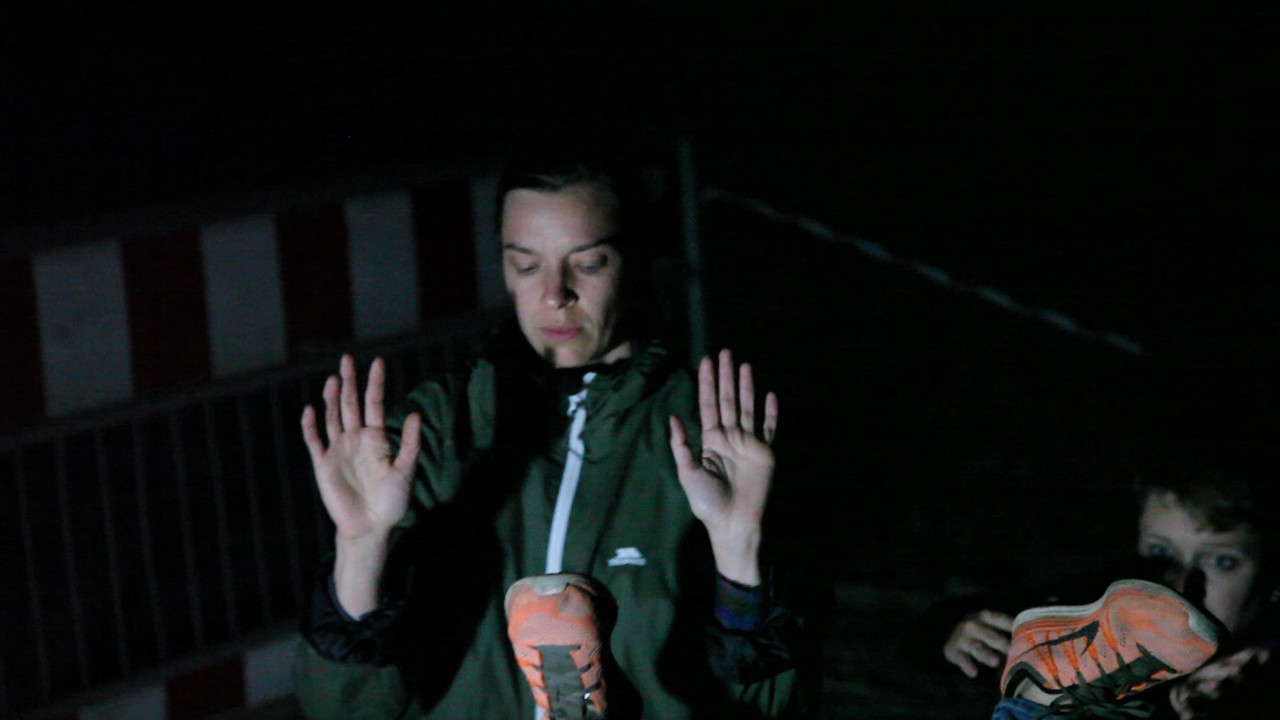
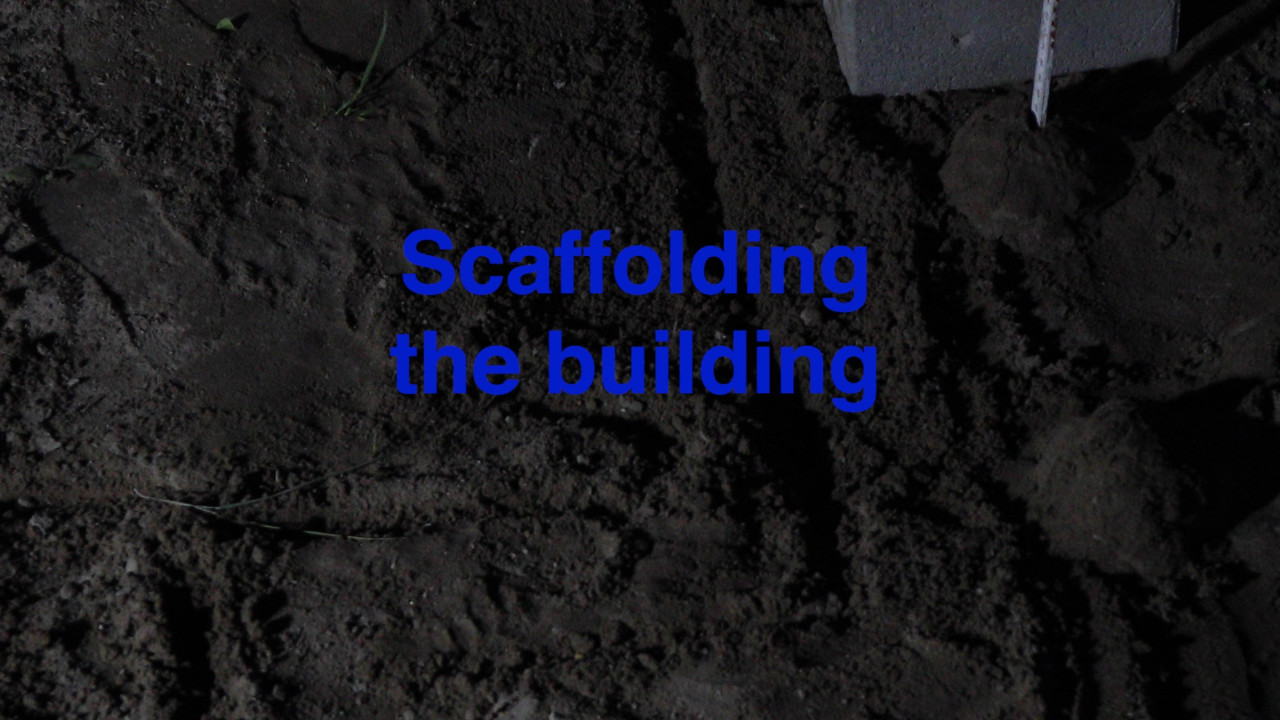
The finance-driven deregulation of buildings in Hamburg’s HafenCity, and the subsequent reorganisation of production conditions, based on new technological and infrastructural development, are the main focus of this work. Privately financed housing and affordable and/or subsidised housing are the very forms of living that, paradoxically, favour and accelerate the amplifying characteristic of finance through their interaction. Concepts such as the scaffold, which refers both to physical labour on the construction site as well as to the algorithmic scaffold, or framework, as both method and object in algorithmic architecture and logistics, and the construction profile constitute the tools alongside which new cooperative peformances are emerging and being articulated. Consisting of performative practices, workshops, video installations and a planned publication, this project approaches the politics of the post-fordist expansionist logic behind construction labour in HafenCity and the accompanying decentralised form and organisation of architectonic and civil space, focusing particularly on current developments in the Baaken Quarter.
The scaffold stands not merely for the material and physical presence of its function, whether physical or digital, but rather for the political examination of the intangibility of international infrastructures and logistics, which deregulate working processes and proclaim space to be speculative finance capital; it stands for financeʼs performance, which has become impalpable; for the bio-political model of sovereignty, to be made porous by a concept emanating from the working regime. The scaffold is to be considered as the expression of contemporary means of working and of (de)regulated forms of interaction.
My research on Social Mix (mixed communities in new urban zones of logistical and infrastructural abstraction), exploitatative politics of labour conditions and the role of the union, military logistics and the financial regulation of the building market feed into the script and performance scores, transforming the references into communal knowledge production; one that newly configures the Social based on ubiquitous digital fabrication of social and affective relationality.
Secondly, we see that the ground plans of HafenCity’s future buildings are re-drawn, and new shapes allow for housing forms that better accomodate the future populations, including construction side workers, refugees and others in need of affordable space. The new drawings are scores to be performed. The description of the scores are new housing entities. We imagine the new shapes while listen to the description of scores (and see the drawings). The ideas and models by the Brazilian, leftist architect Sergio Ferro are taken into account. Scores are drawn around, within and among Ferro’s conception of housing. His ideas of socialist housing ideas confront the ground plans of luxury future plans and projections.
THIS IS AN EXCERPT OF 15 MINUTES. The full length is 36 minutes.
read more here